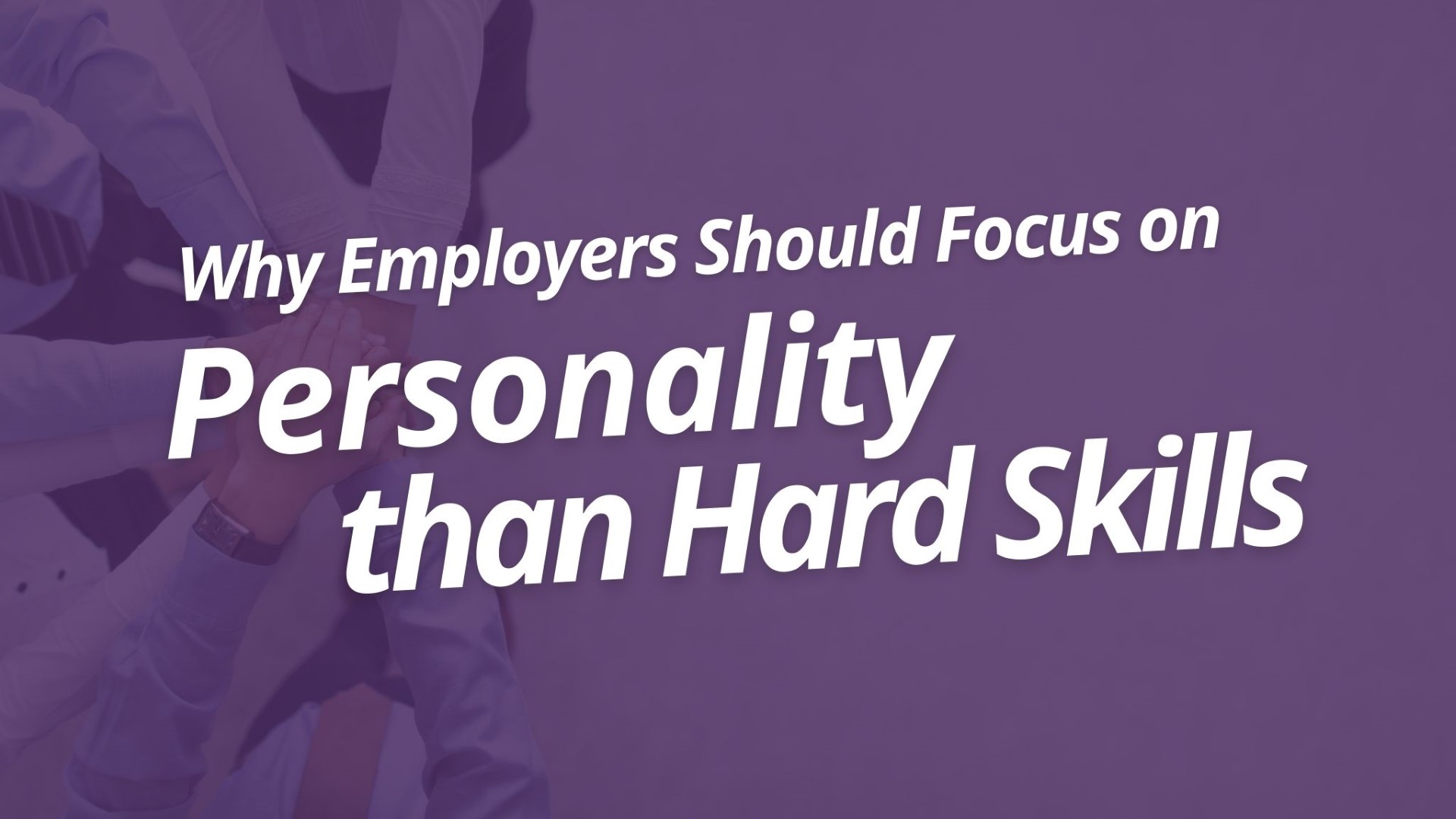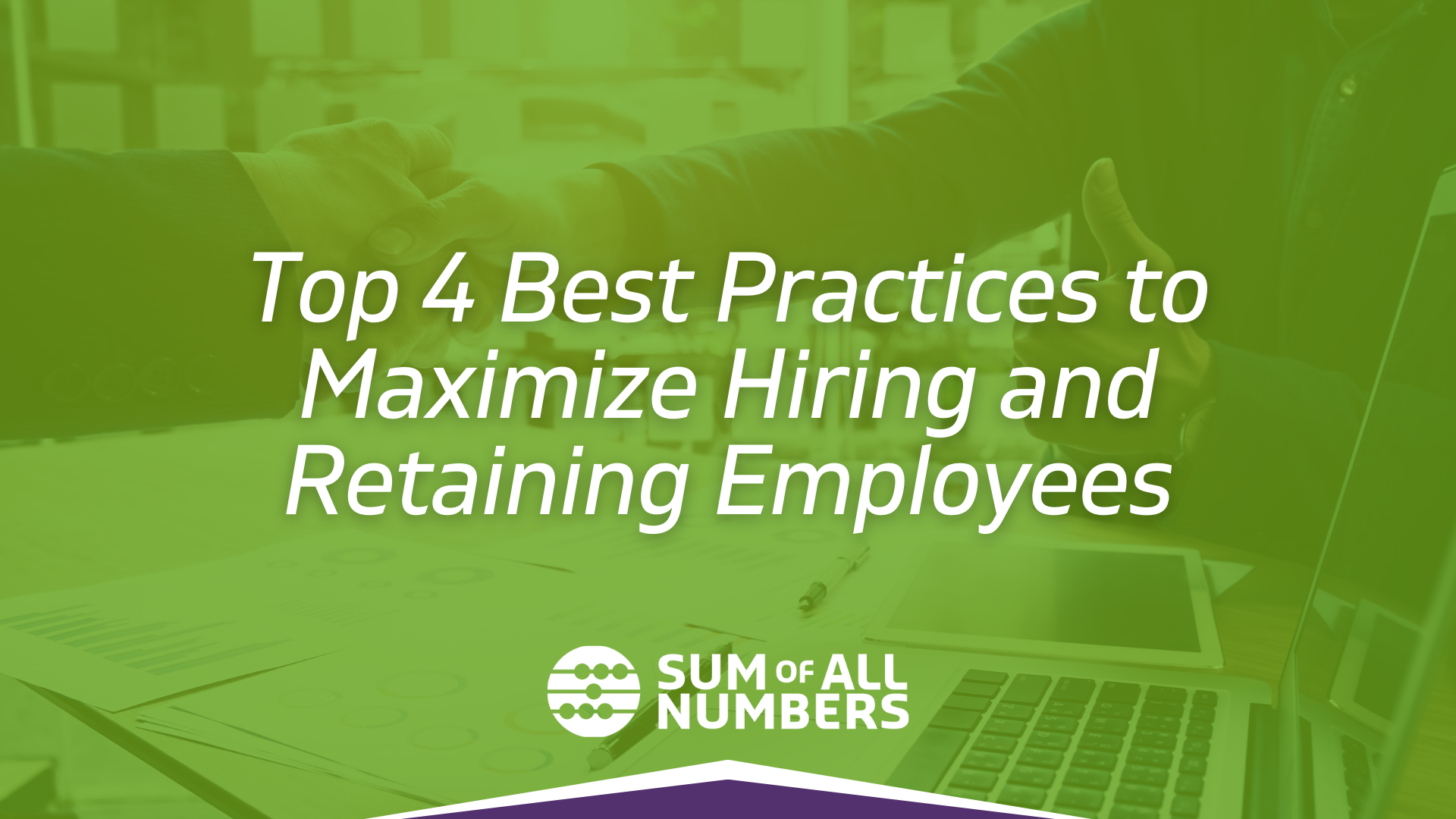Many hiring managers are over-focused on hard skills and treat personality as just an afterthought. What they don’t realize is that skills, for the most part, can be honed with proper training and “exposure,” whereas character is deeply ingrained in a person, and thus it tends to be constant throughout his life.
Hard and Soft Skills
Skills are categorized into two types: hard and soft skills. While they often go hand in hand, it is not uncommon for some people to only excel in one type and fall significantly behind in another—for instance, a doctor who has the experience and know-how but lacks communication skills.
In essence, hard skills are easier to assess because they are generally well-documented through a candidate’s resume. You can look at his job experience, training, education, and certifications to evaluate if he is the right fit for the position in terms of practical and technical skills.
Soft skills, meanwhile, are harder to evaluate because people tend to exaggerate these on their résumé. These skills include teamwork and leadership traits, organizational and time management, personal habits, social graces, and communication abilities.
Hiring for Attitude and Personality
At a quick glance, it appears that soft skills and personality are the same because they both reflect the “attitude” of a person. However, the two are inherently different.
While soft skills are interpersonal, personality is a reflection of one’s core values, beliefs, and learning style, which business coach and serial entrepreneur Michael Michalowicz believes should be the focus when filling a job position.
In an article published in the Wall Street Journal, Michalowicz said that companies “can teach an employee what they want to know, give them the experience they want him to have, but cannot change who he is on a fundamental level,” adding that “attitude, values, and work ethics are already ingrained in a person.”
The Most Important Factor During the Hiring Process
In the ideal world, it is best to hire employees with impressive skills and certifications, extensive training, relevant job experience, excellent core values and personality, and great interpersonal abilities–or in short–unicorns.
But since we don’t live in a perfect world, you should give more importance to the personality over other factors during the hiring process, except in rare cases wherein you need to fill a highly niched job position—for example, a surgeon who has the experience and know-how of conducting a relatively new surgical procedure.
But for the most part, personality should always take some form of precedence.
The Benefits of Hiring for Attitude, Personality, and Soft Skills
Soft skills are particularly important in customer-facing roles. Several surveys have demonstrated that clients reported higher levels of satisfaction with service when it is delivered in a friendly and professional manner.
Soft skills often go hand in hand with friendly and social personalities, which are harder to assess and thus require a more profound one-on-one interaction, in addition to traditional interviews.
The general rule of thumb, as suggested by Michalowicz, is to identify behavior patterns by asking questions that focus on how the applicants view themselves and their previous work and life experience.
If hiring managers ask questions “designed to identify behavior patterns and the pattern of making intelligent decisions during the interview process,” Michalowicz said that they could predict how prospective employees would behave in a similar situation.
Even if you are filling a job position that is not customer-facing, in most cases, personality should remain the most important deciding factor during the hiring process. Remember, the “right” attitude promotes innovation, creativity, collaboration, and above all, a conducive working environment where employees are happy and productive.
Create Your Staffing Strategy
The hiring process is just one of the many parts of a successful staffing strategy. If what you are aiming for is business growth amidst this fiercely competitive market (thanks to the “new normal”), you have to constantly assess your employees’ strength and make sure that this is in line with your business’s “sweet spot.”
In a nutshell, the sweet spot is the most profitable part of your business in which these two elements are present: premium-paying clients with reasonable expectations and the types of product or service that bring in the most profit.
Meanwhile, Michalowicz has noticed that the lowest-priced product and service package often attract high-maintenance but least profitable clients.
Once you have identified your sweet spot, you can re-channel your budget and talent to this most profitable area of your business. The idea is to achieve the highest amount of profit with the least possible amount of resources.
To learn more about the sweet spot and “intelligent” business structuring that aims to drive your profit, hire a Pumpkin Plan strategist by clicking here.




